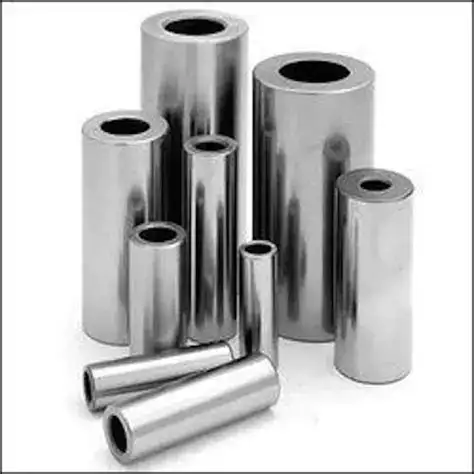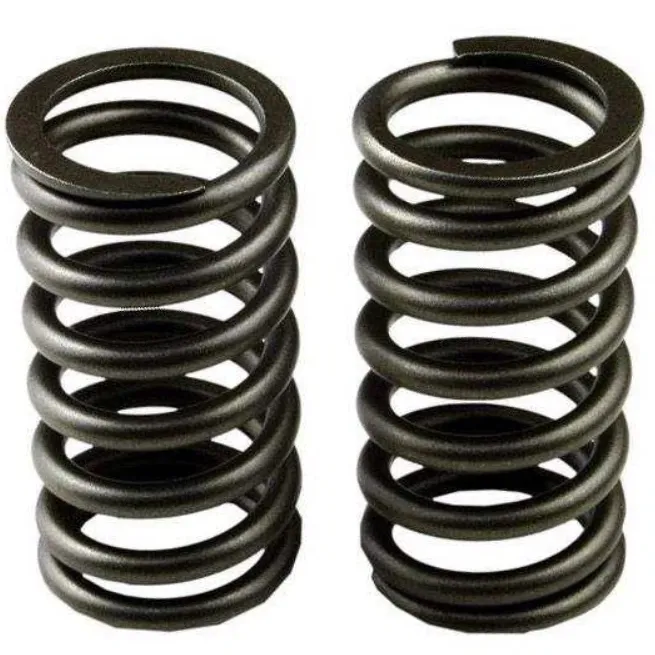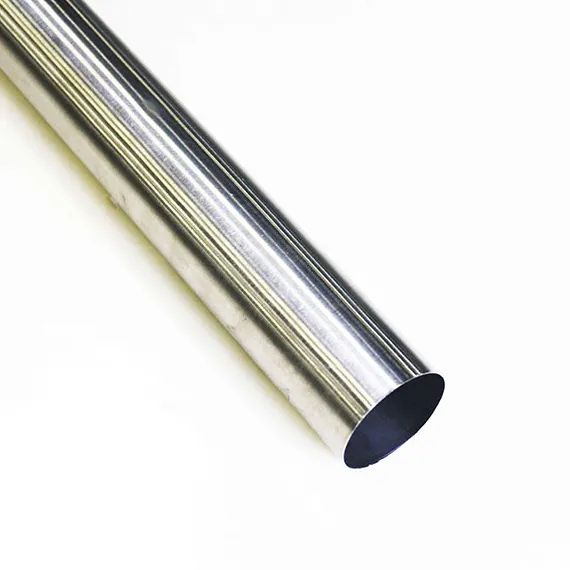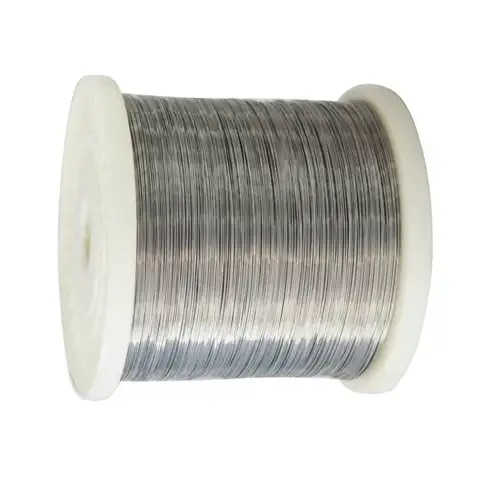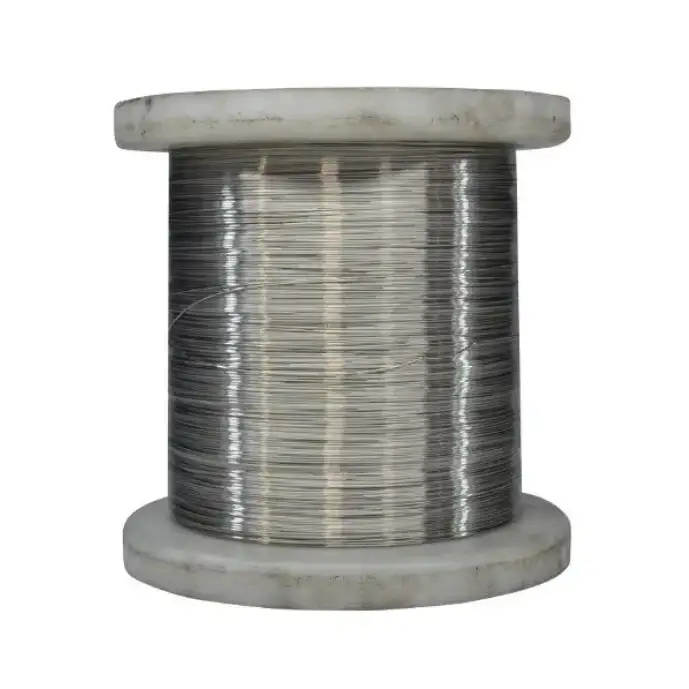Monel® Alloy 400 is a nickel–copper alloy celebrated for its high strength, toughness, and outstanding corrosion resistance—even in extreme environments like seawater and acids. At MWalloys, we offer custom Monel 400 in forms like plate, bar, rod, coil, pipe, and wire—tailored to marine, chemical, aerospace, and heat-exchanger applications.
What is Monel 400?
Monel 400 (UNS N04400) is a solid-solution nickel–copper alloy comprising ~63–70 % nickel and 28–34 % copper, with traces of iron, manganese, carbon, and silicon. Its single-phase FCC structure delivers uniform properties and enhances resistance to corrosion, especially in reducing environments.
Specifications & Parameters
| Category | Property | Value / Specification | Notes / Conditions |
|---|---|---|---|
| Chemical Composition | Nickel (Ni) | 63.0–70.0% | Primary constituent |
| Copper (Cu) | 28.0–34.0% | Balance | |
| Iron (Fe) | ≤2.5% | ||
| Manganese (Mn) | ≤2.0% | ||
| Carbon (C) | ≤0.30% | ||
| Silicon (Si) | ≤0.50% | ||
| Sulfur (S) | ≤0.024% | ||
| Cobalt (Co) | ≤1.00% (optional trace) | ||
| Physical Properties | Density | 8.80–8.90 g/cm³ (0.319 lb/in³) | |
| Melting Range | 1295–1350°C (2460–2470°F) | ||
| Electrical Resistivity (20°C) | 51.0 μΩ·cm | ||
| Thermal Conductivity (100°C) | 14.0 W/m·K (24.1 BTU·in/hr·ft²·°F) | ||
| Coefficient of Thermal Expansion (0–100°C) | 13.9 × 10⁻⁶/°C (7.7 × 10⁻⁶/°F) | ||
| Elastic Modulus | 179 GPa (26 × 10⁶ psi) | ||
| Magnetic Permeability | Low (non-magnetic when annealed) | ||
| Mechanical Properties | Tensile Strength (Annealed, RT) | 480–760 MPa (70–110 ksi) | Min. ASTM: ≥480 MPa; Aerospace (AMS): ≥760 MPa |
| Yield Strength (0.2% Offset, RT) | 170–370 MPa (25–54 ksi) | Min. ASTM: ≥170 MPa; Aerospace: ≥370 MPa | |
| Elongation (A5, RT) | 30–45% | Min. ASTM: ≥35%; Aerospace: ≥40% | |
| Hardness (Annealed) | ≤179 HB (≤68 HRB) | ||
| Thermal Limits | Continuous Service (Air) | ≤600°C (1112°F) | Oxidation resistance |
| Stress Rupture Strength (600°C) | ~40 MPa (5.8 ksi) for 1,000h | Typical value | |
| Corrosion Resistance | Hydrofluoric Acid (HF) | Excellent (one of few alloys resistant to HF) | |
| Seawater | Superior to copper alloys (resists pitting/stress corrosion cracking) | ||
| Sulfuric Acid (≤85%) | Resistant | ||
| Alkaline Solutions | Excellent (even in hot concentrated alkalis) | ||
| Ammonia (anhydrous, ≤585°C) | Resistant | ||
| Heat Treatment | Annealing | 870–980°C (1600–1800°F), rapid cool | Optimizes ductility/corrosion resistance |
| International Standards | Bar/Rod | ASTM B164, AMS 7234 (aerospace) | |
| Plate/Sheet | ASTM B127, AMS 4553 | ||
| Tubing/Pipe | ASTM B165, AMS 4676 | ||
| Forgings | ASTM B564 | ||
| Welding Filler Metal | AWS A5.14 ERNiCu-7 | ||
| Key Applications | Marine Engineering | Pump shafts, propeller blades, seawater heat exchangers, desalination plants | |
| Chemical Processing | HF acid equipment, hydrochloric acid pumps/valves, sulfuric acid reactors | ||
| Oil & Gas | Downhole tools, crude distillation units, offshore platforms | ||
| Nuclear Industry | Uranium enrichment equipment, isotope separation systems |
Notes on Variability & Critical Details
-
Mechanical Property Ranges:
-
Minimum tensile/yield strengths vary significantly by standard (e.g., ASTM vs. AMS) and product form (bar vs. sheet). Aerospace grades require higher strength.
-
Cold working increases strength but reduces ductility.
-
-
Corrosion Performance:
-
Avoid strong oxidizers (e.g., nitric acid, hypochlorite), which can cause pitting.
-
Thermal Stability: Prolonged exposure above 600°C may cause embrittlement; limit to 550°C for critical applications.
-
-
Fabrication:
-
Welding: Use ERNiCu-7 filler metal; post-weld annealing recommended for corrosive service1.
-
Machining: High work-hardening rate requires low speeds/carbide tools.
-
-
Standards Compliance:
-
Nuclear/aerospace applications require certified grades (e.g., AMS 4553 for aerospace).
-
global price comparison
| Form | China (Made-in-China / Alibaba) | Europe (UK/EU) | USA (Retail/Distributors) | India (Mumbai/local suppliers) |
|---|---|---|---|---|
| Plate/Sheet | $22.8–32.8 /kg (200 kg MOQ) $15–46.9 /kg (500 kg MOQ) |
€3.49–4.07/kg (~$3.90–4.55/kg) | $10–30/kg FOB | ₹2,000/kg (~$24/kg) |
| Bar / Rod | $8–25/kg (round bar) | N/A | $28–45/kg (rigid bar price) | ₹2,000/kg (~$24/kg) |
| Coil / Strip | $20–30/kg | €3.02–3.49/kg (~$4.00–4.60/kg) | Data limited | ₹2,600/kg (~$31/kg) |
| Wire / Welding Wire | $15–35/kg general wire $18–25/kg mesh wire |
~$30–45/kg spring/welding wire (retail) | ₹2,800/kg (~$35/kg) |
📌 Key Pricing Insights:
-
China: Monel 400 plate ranges from $22.8 to $46.9/kg, wire from $15–35/kg. MOQ varies.
-
Europe: Plate and coil prices are reported at €3.02–4.07/kg (about $3.90–4.60/kg).
-
USA: Plate is roughly $10–30/kg F.O.B, bars about $28–45/kg.
-
India: Plate & bar are around ₹2,000/kg (~$24/kg), coil closer to ₹2,600/kg (~$31/kg).
📝 Observations:
-
China offers the most competitive pricing across all forms.
-
Europe and USA prices are higher, especially for value-added and certified orders.
-
India prices sit mid-range, with plate and bar similar to Chinese rates, coil and wire slightly higher due to processing costs.
Applications
Monel 400 is used across industries:
-
Marine: pump shafts, valves, propellers, seawater pipelines.
-
Chemical / Petrochemical: acid processing components, heat exchangers.
-
Aerospace: fuel system parts, fasteners, instrumentation.
-
Oil & Gas: alkylation units with HF acid.
-
Cryogenic: retains toughness at –423 °F (–253 °C), no ductile–brittle transition.
Why Choose Monel 400?
-
Corrosion resistance: Excellent in rapidly flowing seawater and reducing acids; resistant to SCC.
-
Mechanical robustness: Strength comparable to structural steel, and remains tough at extreme sub-zero temperatures.
-
Fabricability: Cold- and hot-workable; weldable with standard Ni–Cu fillers without post-weld treatment.
-
Versatility: Operates across –253 °C to ~480 °C without loss of properties.
Manufacturing & Fabrication
-
Cold working: Enhances strength; anneal at ~926 °C (~1,700 °F) to recover ductility.
-
Hot working: Recommended between 1,200–2,150 °F (650–1,180 °C).
-
Welding: GTAW, GMAW, SMAW suited; cleaning critical post-weld.
-
Machining: Work-hardens quickly—use slow speeds, heavy feed, rigid tooling.
Comparison with Similar Alloys
| Property | Monel 400 | Inconel 600 | Stainless Steel 316 |
|---|---|---|---|
| Corrosion | Excellent in seawater | Excellent in oxidation | Good |
| Strength (RT UTS) | ~550 MPa | ~700 MPa | ~620 MPa |
| High-temp limit | ~480°C | ~982 °C | ~800 °C |
| Work-hardening | High | Moderate | Low |
| Workability | Difficult machining | Good weldability | Excellent machinability |
Welding Guidelines
Use Ni–Cu filler such as Monel® K‑500, clean weld areas to prevent embrittlement, and avoid post-weld heat treat. This ensures corrosion resistance and mechanical integrity.
FAQs
1. What environments is Monel 400 best suited for?
Monel 400 shows outstanding resistance to corrosion in seawater, steam, acids, and alkaline solutions, along with excellent resistance to sulfuric and hydrofluoric acids under reducing conditions. It's also ideal for heat exchangers, marine piping, and acid alkylation plants where aggressive fluids are common.
2. Can Monel 400 be welded easily?
Yes. Monel 400 is readily welded using standard techniques like GTAW, GMAW, and SMAW, employing Monel 60, ERNiCu‑7, or Monel 400 electrodes. Best practices: maintain very clean joints, use inert shielding, and manage heat input to prevent cracking.
3. How does Monel 400 perform at low and high temperatures?
Monel 400 remains tough down to cryogenic temperatures (no ductile‑to‑brittle transition) and retains strength up to ~538 °C (1,000 °F). This versatility makes it suitable for both subzero and heat‑intensive applications.
4. Is machining Monel 400 difficult?
Yes—Monel 400 work-hardens rapidly, which makes machining challenging. Use slow speeds, low feed rates, rigid tooling, and sufficient cooling to manage heat and prevent tool wear.
5. How does Monel 400 compare with Monel K‑500?
Monel K‑500 includes aluminum and titanium for increased strength via precipitation hardening, while retaining corrosion resistance similar to Monel 400. Choose K‑500 for applications requiring higher strength; otherwise, 400 offers nearly identical corrosion performance at lower cost.

